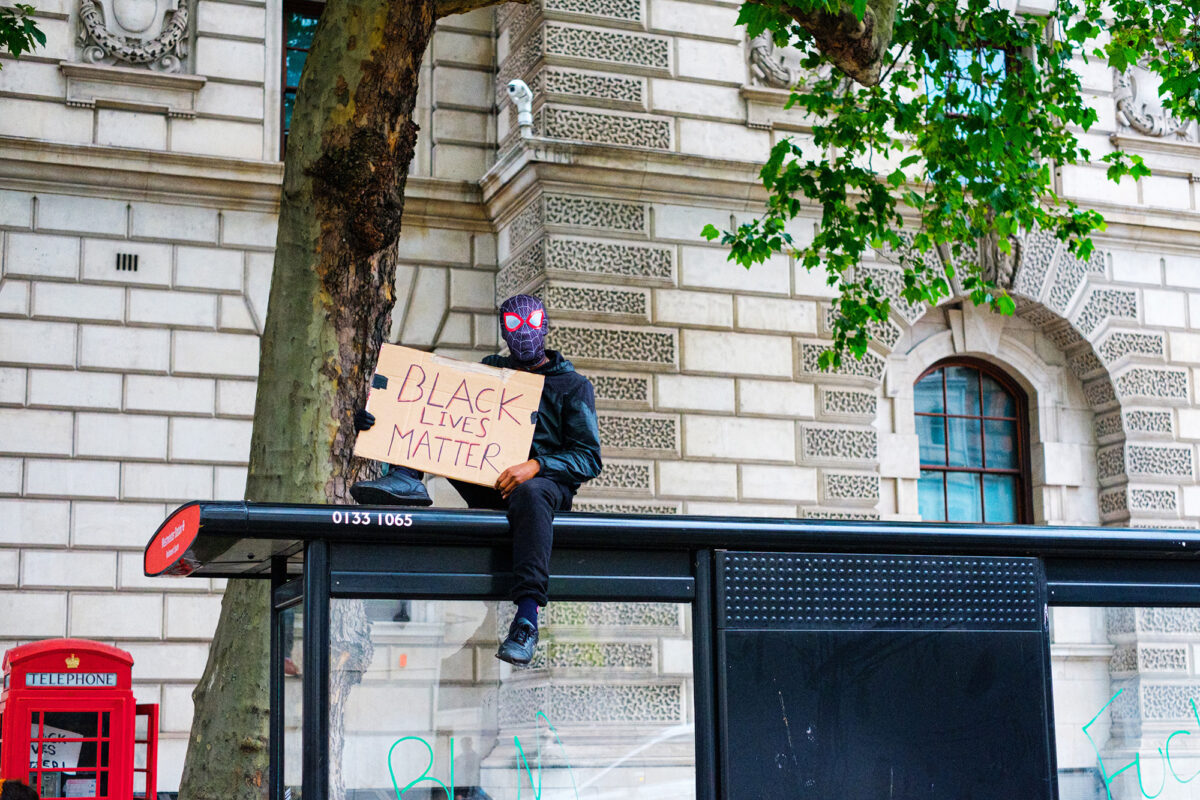Time: 13:00 - 14:30, Wednesday, October 27
Room: Periferien, Holbergs gate 1, 4th floor
This subpanel is part of the four-part session “Transforming Urban Space: Design, Democracy, Dwelling and Pandemic urbanism”. The four-part session argues that attending to the multiple social and ecologically crises the earth is currently facing requires different kinds of relationships between citizens and the spaces we design, construct and inhabit.
This concern is addressed in four subpanels: design, democracy, dwelling and last, but not least, the impact of covid-19 on how we plan and inhabit public space.
This subpanel focuses on the question of democracy
Public space is the “where” of democracy and civic engagement; it gives citizens a place to participate in democracy by exchanging and expressing opinions, and by taking action through demonstrations and political gatherings.
Yet, the privatization of public space results in an increase in laws and regulations that prevents urban space to host protests and public gatherings. Furthermore, we live increasingly private lives – a tendency that is accentuated during the pandemic. As a result, we have moved our political engagement to social media.
While hashtags such as #blacklivesmatter help make injustices visible to publics who may not be aware or exposed to them, it is also argued that digital media has made citizens act less as members of a public and more as individual users participating in activism. In other words: social media has extended political engagement into the private sphere of individuals, with a focus on “I” rather than “we”.
Despite being a useful tool to organize collective action, social media platforms therefore also work at the expense of important group dynamics such as solidarity, commitment and responsibility towards fellow citizens.
The question, then, is how can we reappropriate public space as a platform for democracy, as a place where we learn to take actions when things are unjust and to negotiate differences and disagreements?
Program
To structure this session, Gro Sandkjær Hanssen will introduce the theme, followed by the presentation by each papers. To conclude the session there will be comments by Erling Dokk Holm and a brief discussion.
Paper 1: Presentasjon av ny modell for involverende stedsskaping: “Startblokka”, Hildegunn Gutvik (15 min)
“Startblokka” skal være en plass som skapes av befolkningen, og har som mål å bli et sosialt og inkluderende sted. Startblokka på Siemens-tomta på Linderud er et samarbeidsprosjekt mellom Bydel Bjerke, Pådriv og StorOslo Eiendom.
Innlegget vil få frem hvordan denne modellen for medvirkning bidrar til sosial bærekraft i transformasjonsområder, ved at leietakerne skal bidra til et sosialt fellesskap og å bygge nærmiljø
paper 2: Ambiguous public space in small cities? A study of public space development in Bodø, Heidi Bergsli (10 min)
Bodø is a small city in the north of Norway that has engaged extensive urban strategies as a means to strengthen population levels and economic development.
This paper investigates how goals of attractiveness and social inclusion intersect and conflict in urban redevelopment processes in small cities, by an investigation of public space development in the centre of Bodø. The public space Glasshuset is of particular interest, combined with an analysis of the network of public spaces planned and developed in the city centre.
Paper 3: Hello, stranger? Urban public space between interaction and attraction, Sverre Bjerkeset (10 min)
Peaceful interaction among diverse strangers in public spaces is a much-celebrated feature of urbanity. The rise in privately owned and managed public spaces, tending to displace people, activities and exchanges that may discomfort target groups, has thus raised broad concerns. However, how such ‘new’, prestigious public spaces differ from ‘traditional’, everyday ones in terms of interaction among strangers, has rarely been carefully examined.
The paper examines peaceful chance interactions among strangers in two contrasting ideal types of public space. It primarily draws on extensive observation and categorization of activities and encounters in a selection of squares and adjoining spaces in central Oslo, Norway plus reference material from Argentina.
Paper 4: “på kanten”, Kristoffer Pinheiro (10 min)
Innlegget presenterer en prosjektide (Solplassen ved Eika ved NMBU, Ås), med hensikt å tilrettelegge for utfoldelsen av en eksisterende uformell og spontan møteplass. Med grunnlag i visjonen om at bedre omgivelser fører til i bedre sosiale interaksjoner, ønsker prosjektet å skape en plass i nærmiljøet der både de planlagte og spontane møtene skal få vakre og naturlige rammer.
Paper 5: Byrom: Rom for aktiviteter, meningsytringer og aksjonisme? (5-7 min)
I boken “Demokratiske byrom” viser vi ulike forskningsbidrag som får frem hvordan dagens system for eierskap og drift av byrom skaper spenninger mellom bruken av byrom til «kos, kommers og konflikt». Disse spenningene er viktige å avklare i den fremtidige byromspolitikken, om byrommene i større grad kommer til å eies på private hender.
Paper 6: Grenser for eierskap? Om rettigheter og regulering av privateide byallmenninger, trine olsen møgster (10 min)
Eiendom er en svært verdifull ressurs i byutviklingsprosesser. Samtidig er det lite presedens for eiendomsrettighetenes begrensninger i private by-allmenninger. Nettopp derfor er det viktig å få belyst hva eierskapet gjør med de urbane fellesrommene. Gjennom praksisnær etnografi fra Fornebu utforskes grensene for eierskap av urbane fellesrom. Fornebu er et særlig interessant etnografisk sted, da det her utvikles store private by-allmenninger.
Organizers
- Gro Sandkjær Hanssen (NIBR, OsloMet)
- Erling Dokk Holm (AHO)
